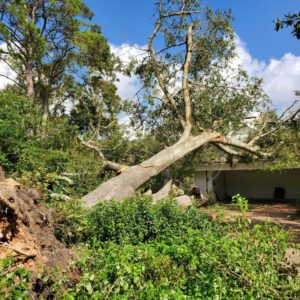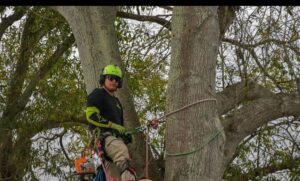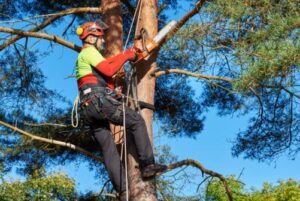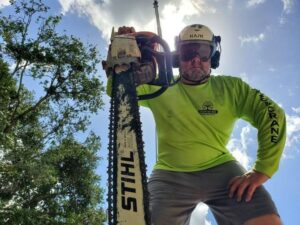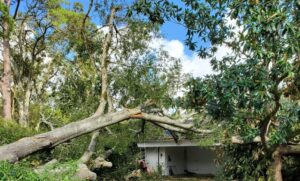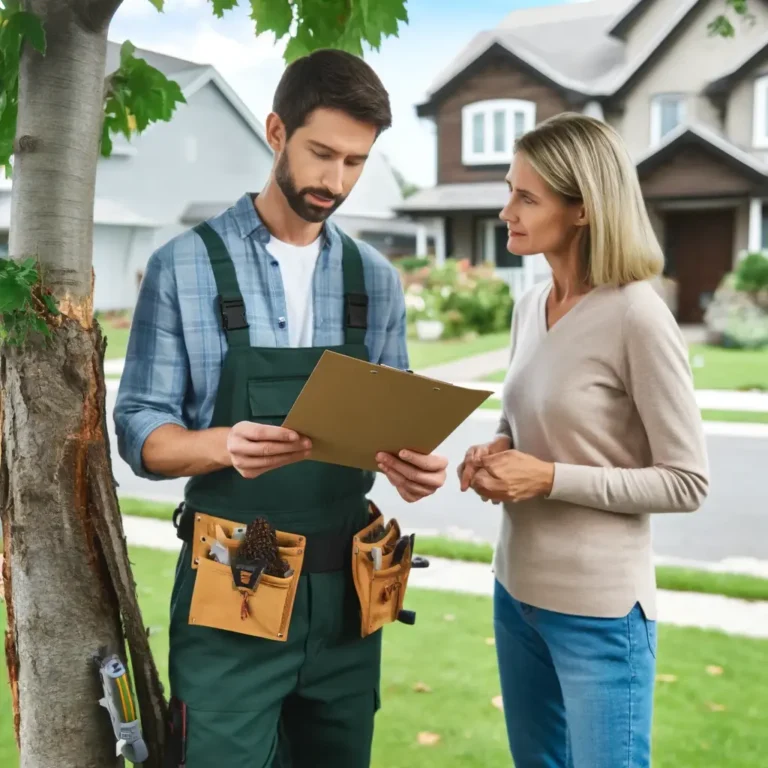
In 2019, Florida introduced House Bill 1159, a significant legislative change that has had a notable impact on tree services and property owners across the state. This bill primarily focuses on private property rights concerning tree pruning, trimming, and removal. Let’s delve into what HB 1159 entails and how it affects residents and businesses in Florida.
Overview of House Bill 1159
House Bill 1159, effective July 1, 2019, has significantly changed how property owners manage trees on their residential properties. It has removed local government permitting requirements, mandated documentation of tree hazards, and provided exemptions and restrictions. Let’s explore these critical changes in detail.
1. Removal of Local Government Permitting Requirements:
The bill prohibits local governments from requiring notices, applications, approvals, permits, fees, or mitigation for pruning, trimming, or removing trees on residential property if the tree poses a greater risk to persons or property. A certified arborist or licensed landscape architect must document this more significant risk.
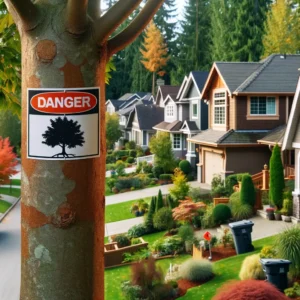
2. Documentation Requirements:
The bill mandates that tree hazards be documented to ensure trees are only removed when necessary. This documentation safeguards against unnecessary tree removal while allowing property owners to maintain safety.
3. Exemptions and Restrictions:
While the bill restricts local governments, it does not prevent homeowner associations (HOAs) from requiring an architectural review or planting replacement trees. This provision allows HOAs to maintain their communities’ aesthetic and environmental standards.
Implications for Property Owners
HB 1159 has simplified the process of managing potentially hazardous trees for property owners, removing the need for multiple permits and fees. This streamlined process also benefits tree service providers, allowing them to offer services more efficiently and potentially increase their business.
Implications for Tree Service Providers
Tree service providers play a crucial role in the streamlined process. With fewer regulatory barriers, they can offer their services more efficiently, reducing wait times for property owners and potentially increasing their business. However, they must work with certified arborists or licensed landscape architects to provide the necessary documentation, highlighting their importance in implementing HB 1159.
Environmental and Community Considerations
While HB 1159 provides practical benefits, it raises concerns about potential tree over-removal, which could have adverse environmental effects. Therefore, responsible implementation and strict adherence to the documentation requirements are crucial. Homeowner associations play a vital role in balancing safety and environmental conservation by enforcing their standards and ensuring that tree removal is done responsibly and with consideration for the environment.
Conclusion
House Bill 1159 marks a significant shift in regulating Florida’s tree services and property management. Removing local government barriers empowers property owners to take necessary safety actions while also ensuring that these actions are justified and documented. As with any legislative change, it is crucial for all stakeholders—property owners, tree service providers, and local communities—to work together to implement these changes responsibly. This underlines the gravity of the issue and the need for careful action, making each stakeholder feel the importance of their role.
For more detailed information, you can refer to the Florida Senate’s official page on HB 1159
https://www.flsenate.gov
https://stevestreeandhauling.com/tree_removal_permitting/
https://www.flsenate.gov/Session/Bill/2019/1159/
For Homeowners in a City Located in Pinellas County
Under House Bill 1159, homeowners in Florida are not required to contact their city or local government for permits, notices, applications, or approvals if they need to prune, trim, or remove a tree on their residential property, provided that the tree poses a greater risk to persons or property. A certified arborist or licensed landscape architect must document this greater risk.
However, it is essential for homeowners to still check with their homeowner association (HOA), if applicable, as HOAs may have their requirements for architectural reviews or the planting of replacement trees. While HB 1159 restricts local government regulations, it does not prevent HOAs from enforcing their own rules.
In summary, while contacting the city for tree removal due to safety concerns is unnecessary under HB 1159, homeowners should ensure they have the proper documentation and verify any additional requirements with their HOA.



